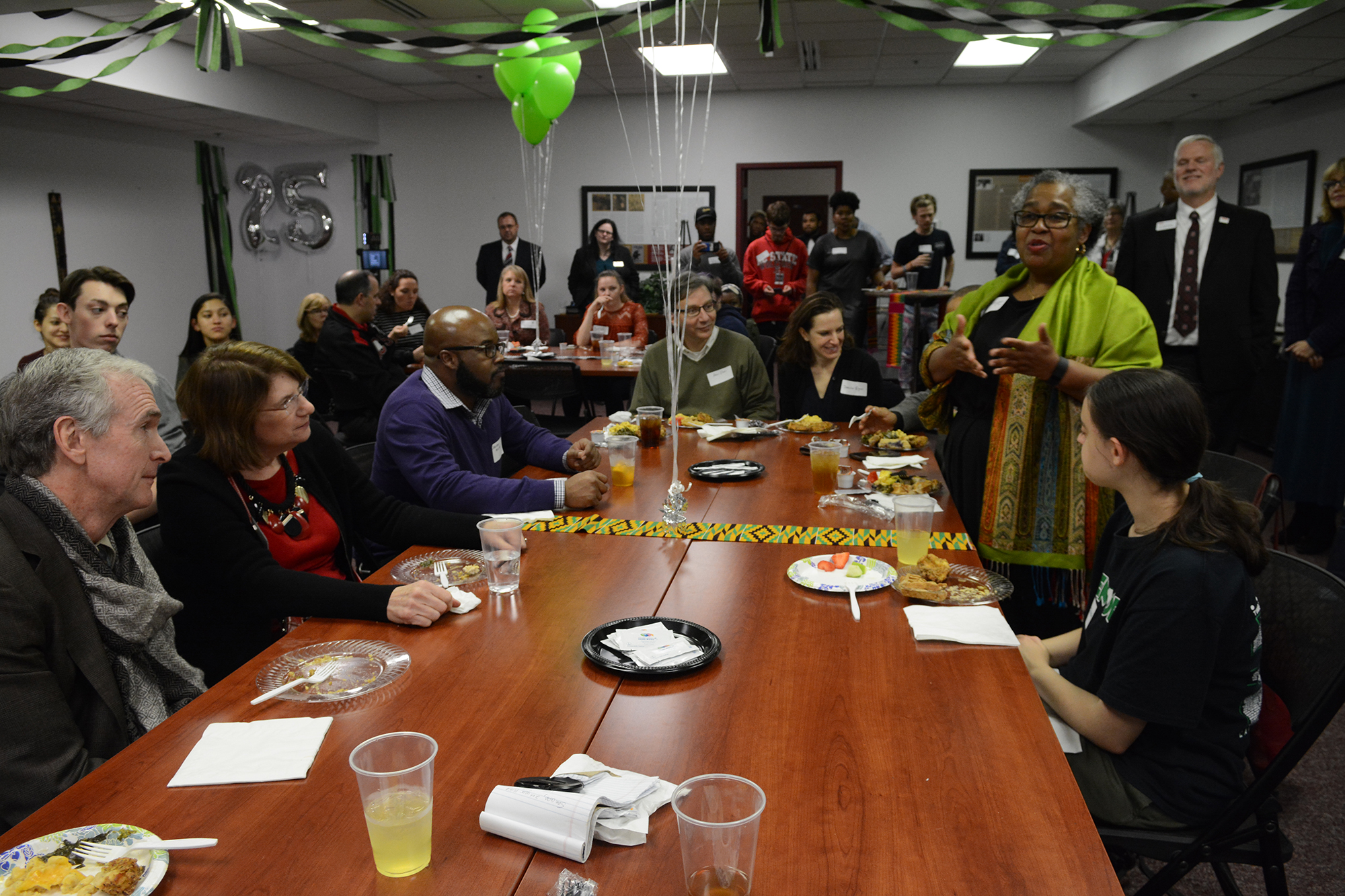The arrival of the month of February means the arrival of Black History Month, when the African-American community and the United States as a whole join together to celebrate the historic achievements of African-Americans. For many at this college it surely leads to the question: What is the history of African-Americans at North Carolina State? About three years ago, the University held a yearlong celebration of the admittance of the first four black undergraduate students at N.C. State. This accomplishment was certainly a big step in the struggle towards equal rights here, but it is only one chapter in a long battle of allowing African-Americans to be educated here.
According NC State Magazine (N.C. State’s alumni magazine), the first step towards African-Americans at public university institutions took place when the second Morill Act went into law in 1890, requiring that states either stopped making race an admissions criteria for their colleges or provided technical education to African-American students. The next major governmental demands for anti-racism took place in the early 1950s, with Supreme Court decisions which said that African-Americans had to be provided access to classes at public institutions that they could not get access to at African-American colleges; other decisions required that race be removed entirely from admissions criteria at public colleges. Perhaps the most important of the Supreme Court decisions was the famous Brown vs. Board of Education decision that ended the idea that the ‘separate but equal’ doctrine was constitutional.
All of these decisions helped lead to the long process of integrating N.C. State, the first two African-American graduate students, Robert Clemons and Hardy Liston, being admitted into the engineering school. Clemons graduated in 1957, becoming the first black person to graduate from N.C. State.
In 1956, the first black undergraduates enrolled at N.C. State. Walter Holmes, Ed Carson, Manuel Crockett, and Irwin Holmes were the first black students admitted. Irwin Holmes joined the tennis team the same year, making it the first athletic team integrated at N.C. State. The students were active on campus, with Holmes becoming a captain of the tennis team, and with the student government passing a resolution calling for the integration of the public facilities in Raleigh.
In 1963, Baxley’s, on Hillsborough Street, began to serve blacks, becoming the first restaurant on the main drag near N.C. State’s campus to integrate. The 1960’s were a very important time for the black community at N.C. State, with the first doctoral degree being awarded to an Africa-American (Stephen Latimer), and the university housing office excluding from its list of possible accommodations any landlords who would not offer housing to blacks.
The 1970’s would see the appointment of the first African-American administrator, Assistant Dean William Maxwell. The Division of Student Affairs would also begin to more aggressively recruit African-American students during the decade, hiring a black counselor, making financial aid available to black students, and encouraging black cultural programs on campus. The first African-American cultural center was established in 1970 by black N.C. State students at a YMCA building slated for demolition.
Even with all of these advances, black studies courses were still largely unavailable until the creation of the Africana Studies (AFS) minor in 1989, according to a fiftieth anniversary publication released by the Department of Multicultural Student Affairs to commemorate 50 years of African American undergraduates at N.C. State. The minor has since become a major in 2006, and it offer students the opportunity to study the African experience and community worldwide through the study of the African Diaspora. It also offers a yearly study abroad student trip to Ghana.
The cultural center, established in 1970, is now known, since 1991, as the African American Cultural Center, later being named the Augustus McIver Witherspoon cultural center, after the former assistant dean of minority of affairs. The building was the first building on N.C. State’s campus to be named after an African American.
From fighting to simply be allowed to attend the University, to achieving feats of scholarship like earning doctorates, or being elected Student Body President, the history of African Americans here at N.C. State has been long and proud. Now, we have the ability to follow in the footsteps of those who came before us, and make our own history for others to build upon.


